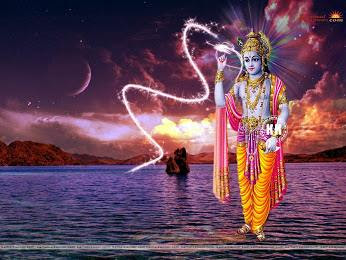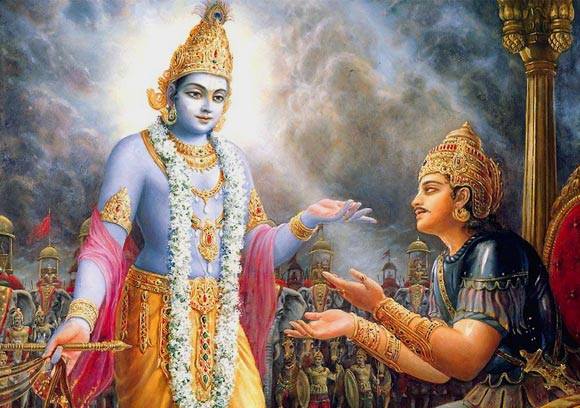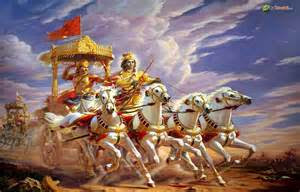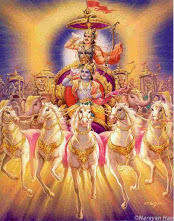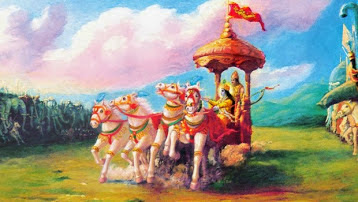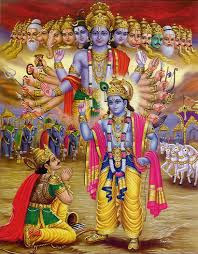Gita : Ch-8. Slo-4.

Srimad Bhagavad-Gita : Chapter-8. ( Akshara-brahma-yogam ) Slokam -4. (Physical nature is known to be endlessly mutable. The universe is the cosmic form of the Supreme Lord, and I am that Lord represented as the Supersoul, dwelling in the heart of every embodied being.) adhibhutam ksharo bhavah purushascadhidaivatam, adhiyajnohamevatra dehe dehabhrtam vara. ksharah bhavah adhibhutam = the nature of adhibhutam ( the physical manifestation ) constantly changing (that is perishable ); purusha ca adhidaivatam = the atma-chaithanyam existing in nature-powers ( universal form ), that is adhidaivatam; dehabhrtam vara = in this body; aham eva adhiyajnah ...
